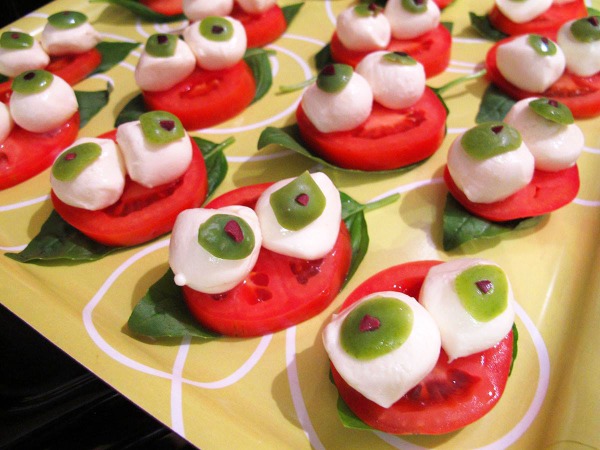
Dear R.,
It has only been six weeks since that napkin-crumpling, tear-stained breakfast with you at the Z-7 Diner, but it feels like years have passed. My job was on tenterhooks; I needed to find a new one or soon join the swelling ranks of the unemployed. Murmurs of a double dip recession were getting louder. I had so many questions and too little time. What do you do with a gastronomy degree anyway? Why is it that the sustainable, “socially responsible” organizations are the ones offering only unpaid internships? How do I land a new apartment lease in the highly competitive NYC real estate market if I can’t demonstrate an income? I am a fighter, yes, but this city is one who fights back. And I was determined to go down in a Viking pyre of glory.
So I started reaching out for help. I talked to old friends’ drinking buddies, lingered to chat with the cheesemonger, shook hands at conferences. I cyberstalked people whose jobs I wanted in ten years and wheedled them into grabbing coffee with me. I emailed you on a whim because—I don’t know—it seemed like you’d made some valuable mistakes before, and you weren’t hesitant to talk about them.
Most of all, I talked to myself. I said that I wanted to write. You asked one innocent yet oh-so-probing question that morning that stuck with me: why should anyone read what I have to say? How do I gain credibility as a writer? After all, you don’t have to bill yourself as a writer to be one. Dan Barber’s platform is his role as chef-owner of Blue Hill; Marion Nestle is a professor at NYU. I let that one marinate, as I searched for roles that would give me a soapbox.
Along the way, I made some incredibly naive mistakes. There was the time I asked a teacher if he would serve as a reference for me. He flatly turned me down. After all, I’d written a publicly critical blog post about the university that he served. There was the time I got rejected for an interview with a publicity agency. Though they were impressed by my cover letter, after Googling me, they’d stumbled across the aforementioned blog post and decided I was too risky a prospect—what if I decided to “write an angry tirade” about them? It turns out that being a writer with opinions is perceived as a threat. For the first time, people were paying attention to what I had to say, and I didn’t want them to.
Things happen in stochastic ways. Maddening weeks went by, as I sent out dozens of resumes into a void of silence. I kept rewriting my cover letter. I applied for unpaid internships and jobs that I was overqualified for. They never replied. I considered going back to economics research. Finally, I sent in an application to work as a sales representative at W&T Seafood, a second generation seafood distributor in Brooklyn. When I met the manager, we hit it off with the immediate chemistry that children born of immigrant entrepreneurs share.
She thought I was smart and would fit into the company handily. The problem was, I wasn’t all that interested in sales. I did, however, have other talents that could be harnessed. W&T was looking to expand some of its PR and marketing initiatives, projects that I was eager to tackle. Would they hire me for a position that didn’t exist yet? We gave it a few days of thought and one updated job description later, I was officially on board as the business development and communications guru.
So there you have it. Kids, the surefire way to get a job is to interview at a company, confess that you’d rather do something else, and then work with them to come up with the perfect position for you. I now have a new role as the voice of W&T, a vehicle that allows me to write with expertise on sustainable seafood. I’ve learned how to negotiate a salary and how to identify companies I wouldn’t be a good fit for. I’m 3 for 3 with jobs that allow me to bike to work and don’t require dressing up. I feel like a winner.
This euphoria won’t last. But I felt the need to capture it—right now at 6 am—to bottle it for the next time I’m in a panic. It’s a potent homebrew of optimism built on proactive perseverance.
Feel free to take a sip when you need it.
Thanks again,
C





